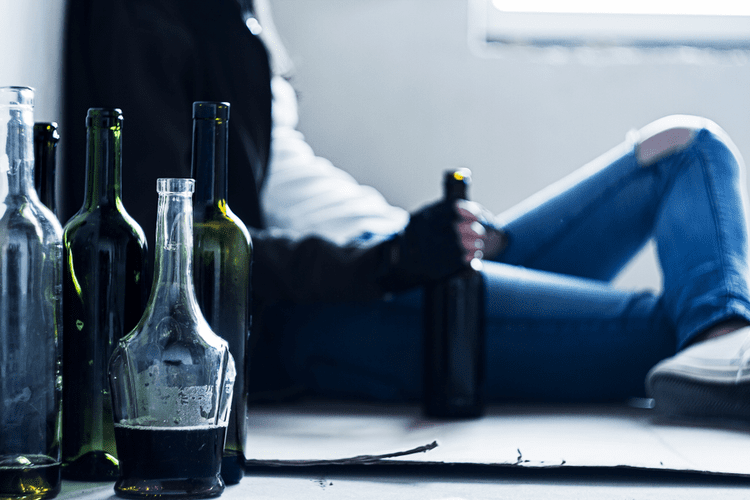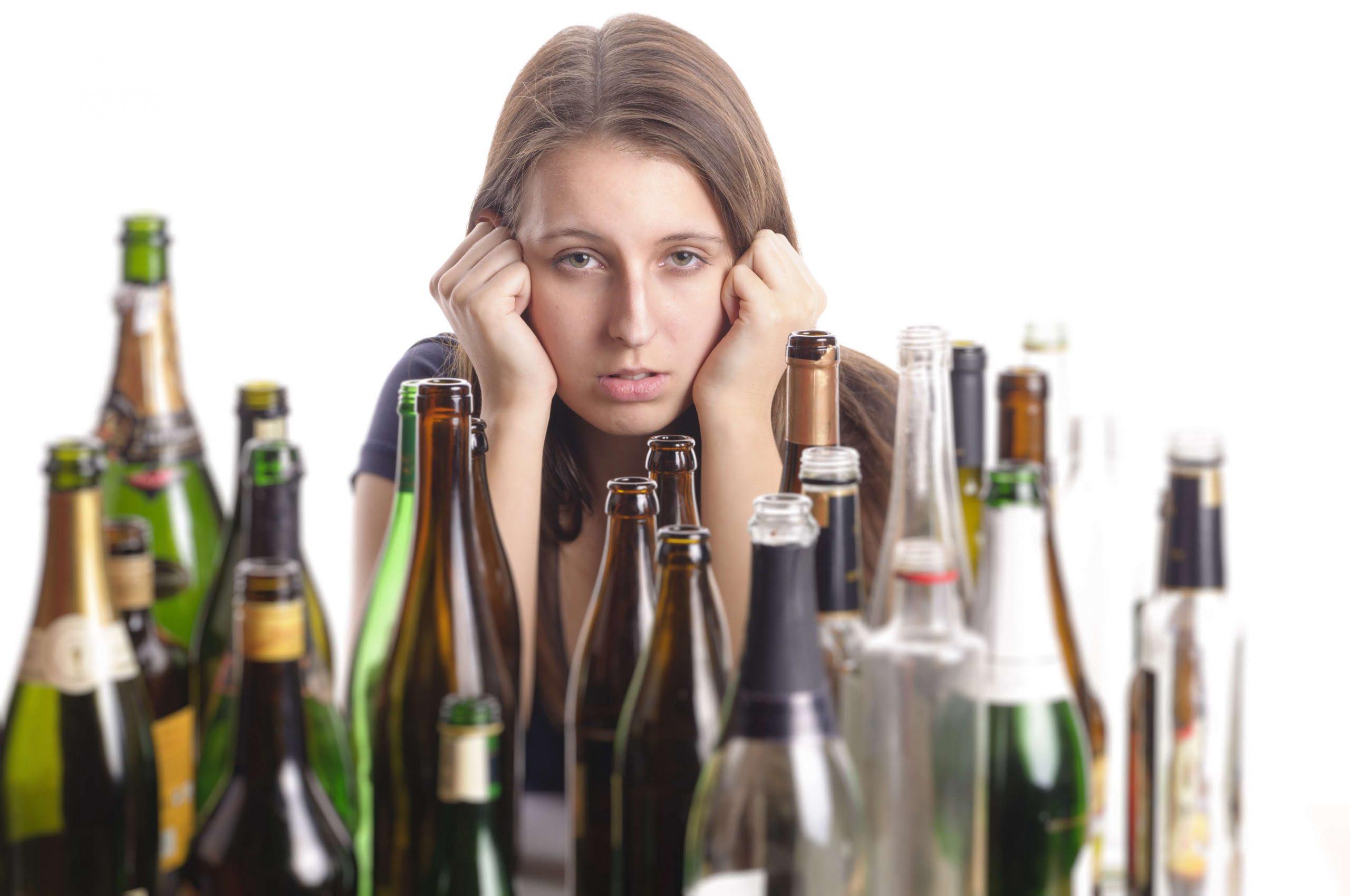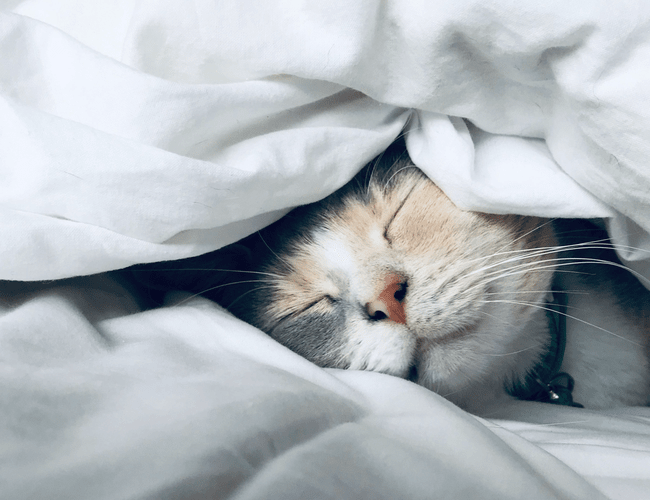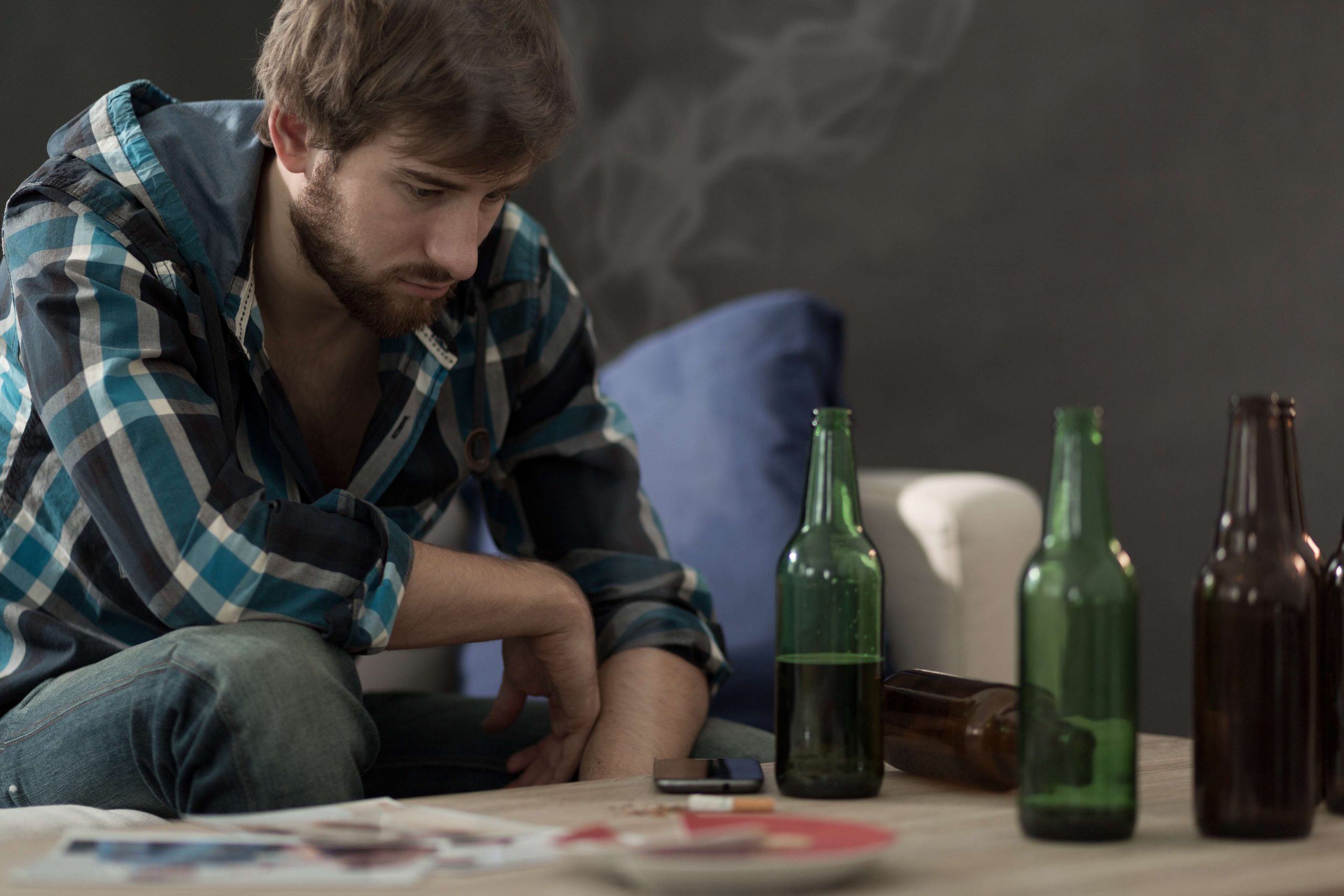Content
After overcoming her own struggles with addiction, she began working in the treatment field in 2012. She graduated from Palm Beach State College in 2016 with additional education in Salesforce University programs. A part of the Banyan team since 2016, Alyssa brings over 5 years of experience in the addiction treatment field. Morrow noted that alcohol’s effects on the brain are much more complicated than described here. People who go to bed with alcohol in their system may be more likely to wake early in the morning and not be able to fall back to sleep, another consequence of the rebound effect. The liver acts as a filtering system for the body, helping metabolize food and chemicals , and pulling toxins from the bloodstream. Like nearly all of the body’s organs, the liver functions according to circadian rhythms.
You find it hard to keep your mind quiet long enough to fall asleep. This can also make it hard to fall back asleep if you are woken up in the middle of the night.

This means that someone self-medicating spirals deeper into their dependency, turning it into a full-blown addiction faster. Indeed, alcohol may account for 10% of cases of persistent insomnia. Alcohol also relaxes throat muscles, and this relaxation can worsen sleep-related breathing problems and contribute to sleep apnea. What’s more, alcohol may increase the need to urinate during the night — just another way in which it can disrupt sleep. On the flip side, if you don’t snore when you’re sober, it’s likely that it’s only alcohol causing your symptoms. However, it doesn’t hurt to get checked out by a sleep doctor to make sure there’s nothing larger going on. You can also visit us at Center for TMJ & Sleep Apnea to explore our snoring treatment options in Lee’s Summit.
Overlap Of Alcohol
As such, people with insomnia often try to self-treat the condition. An estimated 15% to 30% of people report drinking to manage insomnia. While alcohol can initially cause sedation, over time, alcohol causes major disruptions in the quality of sleep. You probably enjoy the occasional glass of wine with dinner or cocktail with friends, but did you know that even light alcohol consumption can negatively impact your sleep?
When you consume alcohol before bed, your body metabolizes the alcohol throughout the night. As blood alcohol levels rise and fall, alcohol exerts different effects on your sleep. Sleep investigators have found that this rebound alertness tends to strike in the second half of the night, which is when you would normally be in the period of rapid eye movement deep sleep.
The Truth About Alcohol And Sleep
Read our editorial process to learn more about how we fact-check and keep our content accurate, reliable, and trustworthy. Sobriety Science does not know what function REM sleep performs for the body, but it seems to be required for restoration.

Among OSA subjects who consumed 14 or more drinks per week, self-reports of sleep-related accidents are fivefold higher compared to those who drink lesser amounts . One of the best ways to deal with alcohol withdrawal insomnia is to create a good bedtime routine. Your body and brain may need time to wind down before falling asleep. If you follow a regular and relaxing bedtime routine, your mind will start to make the connection between these activities and sleep.
How Does Alcohol Affect Your Sleep?
Many people suffering from insomnia will take a drink before bedtime to help them fall asleep. After an alcoholic insomnia initial stimulating effect, alcohol’s sedating effects can reduce the time required to fall asleep.

These sleep-related breathing difficulties occur when soft tissues collapse and block the upper airway . In mild cases, breathing difficulties lead to snoring sounds. In more serious cases, individuals suffer momentary lapses in breathing, followed by micro-awakenings that interrupt the progression of the sleep stages. In the short term, these alterations to our sleep pattern can lead to a restless second half of the night. In the long term, frequent disruptions to our natural sleep cycle may alter the homeostatic drive in a more permanent way. “As we get older, our sleep efficiency decreases and we have more light stage-one sleep,” says Dr. Sandra Horowitz, a clinical instructor with Harvard Medical School’s Division of Sleep Medicine.
Why It Makes You Sleepy
Cognitive-behavioral therapy can also help you work through any other issues, like those intense cravings and triggers you may be dealing with after quitting alcohol. Sleep hygiene refers to the positive actions you do before and after sleep that help create a routine or schedule. These actions become habits that help your body’s natural biological clock know what to expect throughout each day. Everyone has those nights where no matter what they do, they just cannot seem to fall and stay asleep. Circadian rhythms regulate nearly all of the body’s processes, from metabolism and immunity to energy, sleep, and sexual drive, cognitive functions and mood. We cover what color psychology says may be the best bedroom colors for sleep. Studies have found conflicting information about how alcohol affects REM sleep.
Insomnia and Sleep Problems Are Linked to Drinking Alcohol TIME – TIME
Insomnia and Sleep Problems Are Linked to Drinking Alcohol TIME.
Posted: Wed, 08 Jun 2016 07:00:00 GMT [source]
Julia joined Advanced Sleep Medicine Services, Inc. in 2011 with a background in sales, marketing and customer service. She is currently the vice president of marketing and operations and enjoys the opportunity to educate and interact with those looking to improve their health through better sleep. Drinking alcohol can reduce the effectiveness and alter the results of your sleep study.
Today, we dive deeper into the connection between alcohol and sleep to discover if a harmonious relationship between the two is possible. Being a sedative and depressant of the central nervous system, alcohol can increase feelings of tiredness and sluggishness. One of the side effects of alcohol is drowsiness, so it can make you fall asleep quickly. Setting and sticking to a regular sleep schedule can improve sleeping patterns over time.
Can I Drink A Glass Of Wine Or Beer Before My Sleep Study?
Johnson EO, Roehrs T, Roth T, Breslau N. Epidemiology of alcohol and medication as aids to sleep in early adulthood. Petrucelli N, Roehrs TA, Wittig RM, Roth T. The biphasic effects of ethanol on sleep latency. It’s not surprising that emotionally charged viewing is coming up in your dreams. Sleep is the brain’s opportunity to process new information from your… Transplant Transplant surgery pioneers for liver, pancreas, kidney and heart care. Primary Care Our providers are dedicated to providing care that helps you achieve and maintain better health. Maternity Services Compassionate and personalized Maternity care for you and your baby.
In fact, a recent study by the University of Sussex found that 71 percent of participants reported they slept much better when they abstained from drink for a month. Interestingly, 67 percent reported more energy, 70 percent had generally improved health and 57 percent enjoyed better concentration levels too.

The effects of alcohol on sleep continuity and total sleep are quite variable but appear to be dose related. Alcohol may also exert some of its effects on sleep by influencing the circadian rhythm. The circadian rhythm is responsible for keeping the body anchored to a 24-hour cycle. As part of this 24-hour cycle, the body releases a hormone called melatonin to prepare us for sleep in the evening. Older studies have found that drinking alcohol before bedtime lowers melatonin levels and interferes with core body temperatures, which in turn impacts sleep quality.
These include breathing issues like sleep apnea, which is linked to drinking. A person might think that having a drink before bed may help them sleep because alcohol helps them relax. However, alcohol is detrimental to getting a good night’s rest. Because of drinking’s negative impact on sleep cycles, a person does not sleep as well if they drink before bed. Sleep-disordered breathing may be an additional contributor to sleep complaints and sleep disruption in heavy drinkers.
Health Benefits Of Turmeric
However, over the long term, alcohol does not help insomnia. For this reason, a person may need to drink increasing amounts to fall asleep, increasing the risk of alcohol abuse and addiction. Researchers have found that insomnia is a risk factor for alcohol abuse. When alcohol has been introduced to the sleep cycle, the functions of the brain are impeded, and the cycles become disrupted. This is particularly true if you drink within an hour of bedtime.
- When he isn’t behind a computer, Cooper travels somewhere new.
- But he and other experts think that brain chemicals that cause wakefulness are somehow stimulated when your body finishes burning off the alcohol in your blood.
- Just keep in mind that alcohol affects everyone differently.
- Sleepwalking and parasomnias —You may experience moving a lot or talking while you’re sleeping.
- Briefer periods of sleep disturbance are most often stress-related or due to acute illness .
Second, you’ll have the rebound waking as your body bounces back from the depressant effects of the alcohol. Also, too much alcohol can weaken airway muscles, triggering sleep disturbances like sleep apnea or heavy snoring. When you overdo it on the alcohol and drink in excess, it may lead to a morning-after headache, nausea, and the overall miserable feeling of a hangover. If you have a nightly drink, you’re likely to wake earlier and earlier. With extended use of alcohol over time, there can be long-term concerns, too.
The intensity of insomnia will dictate whether an individual seeks treatment with either prescription or over-the-counter medications, or self-treatment. The majority of persons with sleep difficulty do not consult their physician with insomnia, which raises the question of how frequently alternative substances are used for sleep . Both insomnia and sleeping pill use increase with age, and alcohol is often used in conjunction with over-the-counter sleep medications . A glass of wine may help you relax and nod off, but having it too close to bedtime can lead to poor sleep quality and a groggy, not to mention hangover-plagued, morning after. When people get older, they naturally experience a decrease in slow-wave sleep and an increase in nighttime wakefulness.

